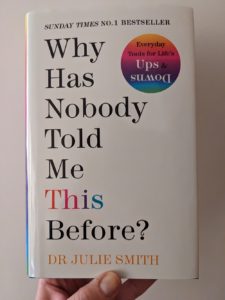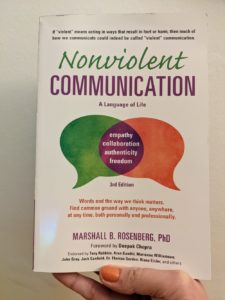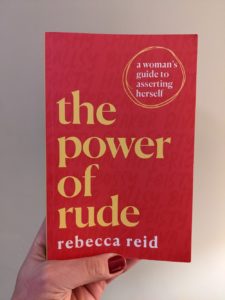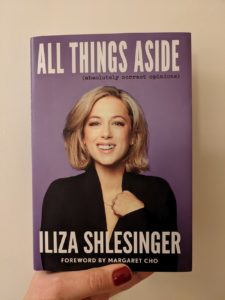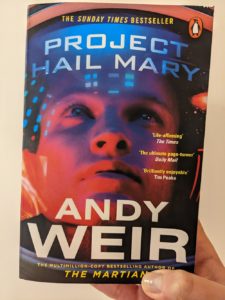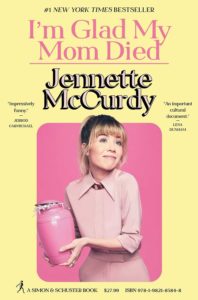Why Has Nobody Told Me This Before? By Dr Julie Smith
Written by Ashley Kelmore, Posted in Reviews
Best for:
People looking for some tools to help them handle challenges of life.
In a nutshell:
Therapist Dr Smith (who is apparently also very popular on social media) offers tips, exercises, and tools to address some of the issues many people face.
Worth quoting:
“We can live a happy and fulfilling life and still experience the full range of emotions that comes along with being human.”
“One of my favourite ways to turn my attention to a compassionate thought process is to ask myself, if I was coaching a friend through this, what would I say and how would I say it?”
Why I chose it:
I’ve picked it up in a few different bookstores but heard others talking about it as well so decided to check it out.
Review:
This is not a bad book, and my rating of three stars is probably closer to 3.5. I think I’ve read enough books like this one that I shouldn’t be surprised when there isn’t a ton of new (to me) information. That said, the information is presented in a way that my brain loved – distinct sections with an introductory overview, then chapters talking through ways to address the different issues.
The book covers low mood, motivation, emotional pain, grief, self-doubt, fear, stress, and living a meaningful life. I keep a little notebook of things I’ve read that I find helpful, and I definitely found some useful things in this book, things I’m trying out to sort through anxiety and stress. And for those who maybe cannot afford therapy or are skeptical of it, I could see making use of the tools in this book as a good middle ground, at least initially.
While reading the book, I got the sense that Dr Smith might have issue with medication – I know that psychologists and psychiatrists can have some strong opinions about other’s professional approach. I did find a quote from her online that says “I am not against medication in general….However, I believe strongly that medication should not be the only tool available.” Which, I agree, and so it feels a bit strawman to me – like, who is saying medication is or should be the only tool available? So, anyway, something to think about when reading this book.
Recommend to a Friend / Keep / Donate it / Toss it:
Donate it
